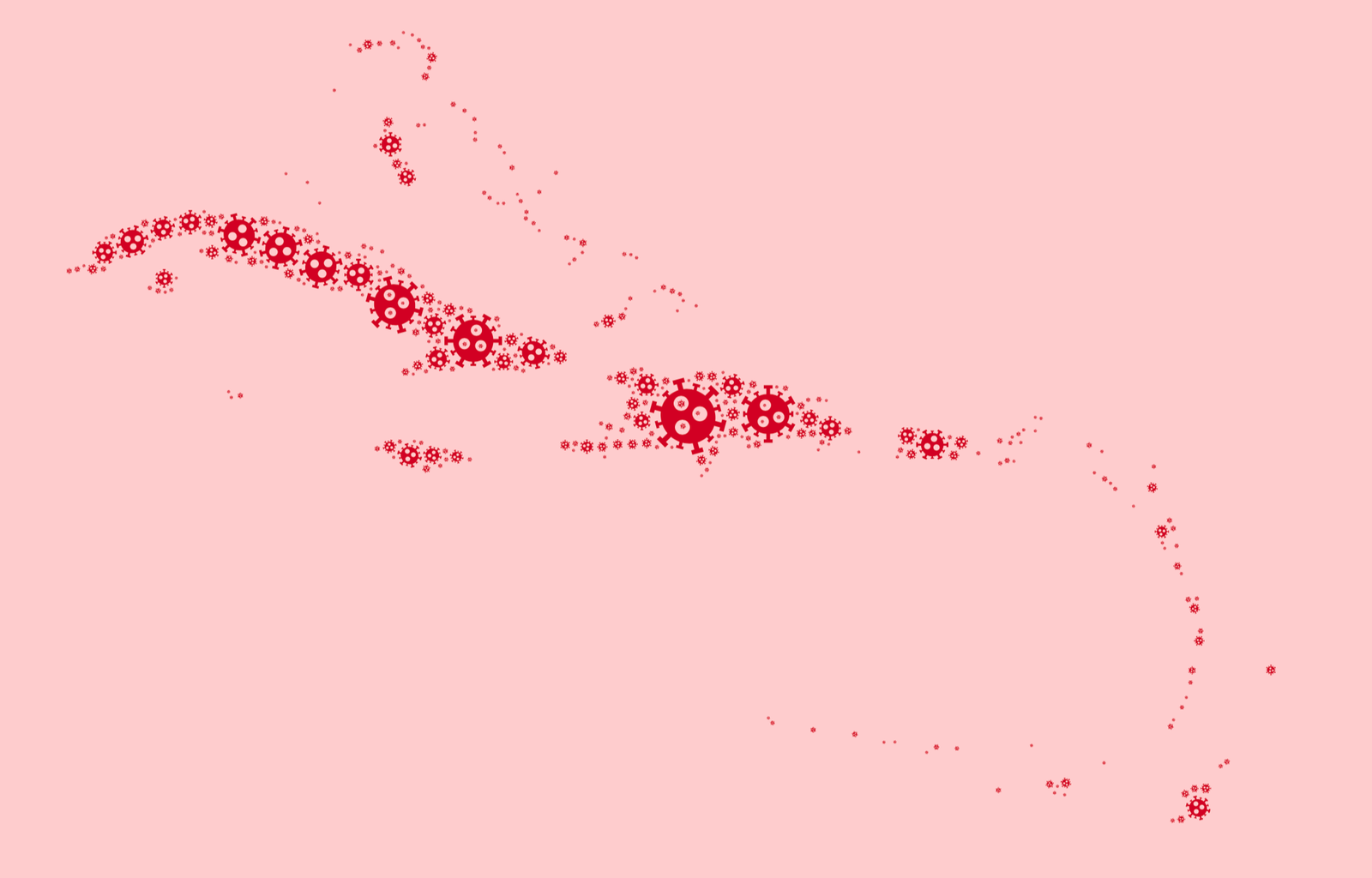NASSAU, BAHAMAS — While countries such as St Lucia, Barbados and St Kitts and Nevis have maintained a low number of coronavirus cases, other countries in the region, including Guyana, Belize, Trinidad and Tobago and The Bahamas continue to experience a surge of the virus and deaths.
The Bahamas recorded another four confirmed deaths and 36 new infections on Monday.
These included three men and a woman, all of whom were from New Providence.
Forty-seven deaths have been recorded in the last month, representing 1.5 deaths per day.
The country’s case fatality rate (CFR) stands at two percent.
Infections in The Bahamas surpassed 6,500 on Monday.
Of that figure, 4,100 cases or 63 percent have recovered.
In response to rising cases of the virus, namely in New Providence, the government reintroduced restrictive measures including a nightly curfew between 7pm and 5am and complete weekend lockdowns as of October 9.
Despite the rising cases and deaths, the government is forging ahead with its full tourism opening on November 1.
Requirements for entry include an RT PCR test and health visa prior to arrival, however, the 14-day quarantine will no longer be required as of Sunday.
In contrast, St Lucia has recorded 65 COVID-19 cases, of which 38 remain active.
Two new infections were recorded yesterday.
The island, with its population of over 180,000 people, has recorded zero COVID deaths.
St Lucia introduced a ‘Caribbean bubble’ concept in September with a list of approved nations for travel to the country.
These nations and territories included Antigua and Barbuda, Anguilla, Barbados, Bonaire, British Virgin Islands, Curacao, Dominica, Grenada, Montserrat, Saint Barthelemy, St Kitts and Nevis, and St Vincent and the Grenadines.
Travelers arriving from these jurisdictions have been exempted from a COVID-19 test for entry, while those arriving from outside the approved list must provide a negative RT PCR test no more than seven days before arrival.
The government has also designated specific hotels for inbound travelers outside the bubble.
Visitors must remain at these certified hotels. Travelers from within the approved list of countries have been prohibited from staying at those hotels.
St Kitts, which neighbors Anguilla and Antigua, remains COVID-free.
Since the outbreak, the island recorded 19 confirmed cases, of which all have recovered.
The island has also recorded zero deaths.
St Kitts’ borders have remained closed during the pandemic.
A reopening is planned for October 31.
The government also intends to replace its emergency powers regulations with new legislation specific to COVID-19, paving the way for a permanent legislative solution and strict compliance regime to mitigate the virus.
This month, the government moved to extend the state of emergency in St Kitts to December 31, though it said this will not affect the reopening.
To date, Barbados has recorded 233 cases.
There were no new infections on Tuesday.
Barbados has recorded seven deaths, giving the island a CFR of three percent.
A total of 33,795 tests have been completed on the island, which has a population of nearly 300,000 people.
Meanwhile, Guyana recorded 35 new infections on Tuesday, pushing total cases to 4,061.
A total of 3,030 cases or 74 percent have recovered.
The country has recorded 119 deaths, giving Guyana a CFR of nearly three percent.
Entry into Guayana requires a negative PCR COVID-19 test submitted within 24-hours to 72-hours prior to travel.
If a traveler’s test is submitted outside this timeframe, a second PCR test is performed upon entry. Results are made available within six to eight hours of sample collection.
The country does not accept antibody, rapid, or antigen tests.
The country has a 9pm to 4am curfew and region-specific limitations on gatherings have been maintained.
Authorized businesses have also been required to only provide delivery, drive-through and takeaway services.
Trinidad and Tobago recorded 24 new cases on Monday.
The island has recorded a total of 5,535 confirmed cases and 106 deaths.
This represents a CFR rate of less than two percent.
Of the total cases, 1,303 remain active, while 4,126 cases or 74 percent have recovered.
Trinidad and Tobago’s international borders have remained closed to international travel since March 23.
The government is reviewing the existing lockdown measures and border lockdown, with Prime Minister Keith Rowley advising over the weekend that in the near future “more tentative steps with respect to the border opening” will be made.
Places of worship, cinemas, members’ clubs, and gyms were only permitted to reopen Monday with health guidelines and at 50 percent capacity.
However, restaurants may only provide takeaway and delivery services.
Since the outbreak, various parishes have undergone curfew measures amid rising cases.
Over in Jamaica, there have been 8,749 COVID-19 cases and 192 deaths, giving the country a CFR of less than one percent.
More than 4,300 cases or 49 percent have recovered.
The country recorded another 35 COVID-19 and four confirmed deaths on Monday.
Curfews exist in certain communities and provinces including Rae Town in Kingston and Cornwall Courts in St James.
The 6pm to 5am curfew introduced last Friday will continue until November 6.
Additionally, Belize has recorded 3,145 confirmed cases and 50 deaths.
The CFR rate in Belize stands at 1.5 percent. Nearly 2,000 cases or 63 percent have recovered.
The country has recorded an average of 52 cases per day in the last week.
As of August 1, Belize had 56 infections.
The country introduced domestic travel in May, reopened for international leisure travel on October 1 withing a “tourism safe corridor”.
While visitors have been encouraged to take an RT PCR COVID test within 72 hours of their departure to Belize, however, in absence of a test, visitors will be required to take a rapid test at the airport at a cost of $50.
Once tested, travelers may proceed to their hotel to await results.
Its full reopening is planned for January 2021.






